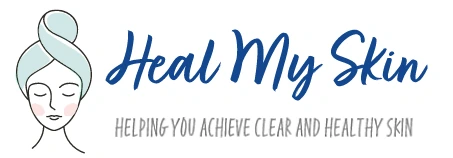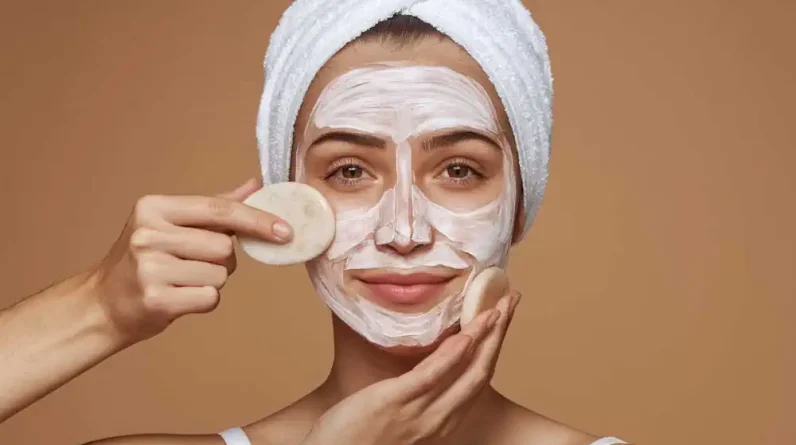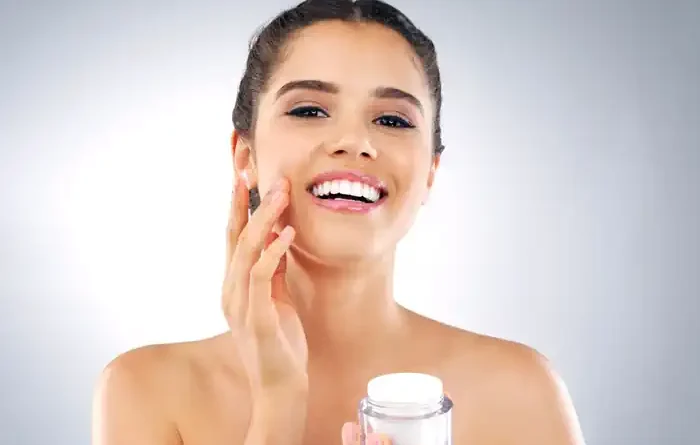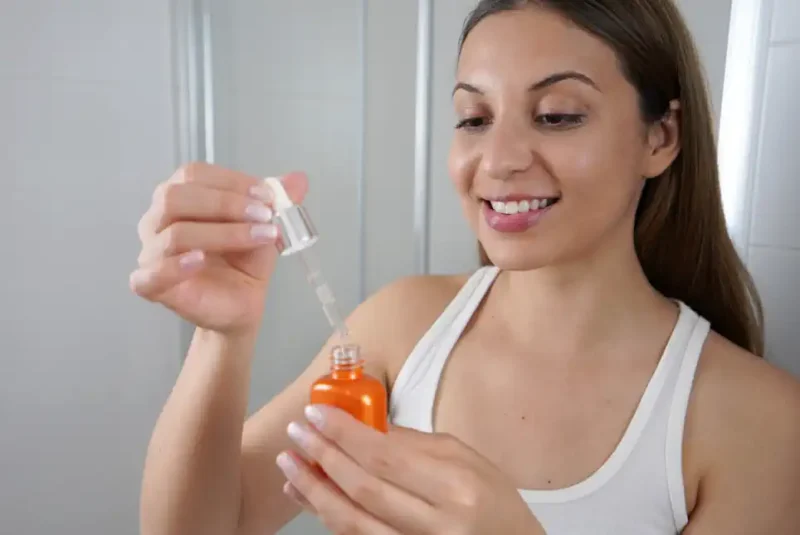
What Are Retinoids And What Do They Do For The Skin?
Retinoids are chemical compounds derived from vitamin A, and they have become popular agents used in the treatment of a wide range of skin conditions.
Acne
Commonly used retinoids include tretinoin, adapalene, and tazarotene. They are very effective at treating acne by reducing the production of sebum and also helping to unplug congested pores that can lead to imperfections such as whiteheads and blackheads.
Fine Lines and Wrinkles
In addition to its exfoliating properties they are known for their ability to help reduce fine lines and wrinkles caused by sun exposure or aging.
Collagen
Retinoids have also been shown to promote collagen production -which helps improve the structure of the skin- as well as stimulate new blood vessels for improved circulation, resulting in a more even skin tone.
All forms of topical retinoid treatments should be used strictly under doctor supervision due to the potential side effects from serious irritation or inflammation if overly used or inappropriate concentrations applied. Notwithstanding, when combined with thoughtful skincare routine adherence, retinoids may provide long-term success in improving skin health and delivering younger looking appearance over time. ͛
The Different Types Of Retinoids And Their Benefits
The four different types of retinoids include Retinoic acid, Retinyl Palmitate, Tazarotene, and Adapalene.
Retinoic Acid
Retinoic acid is the strongest and most effective type of retinoid; it encourages cell turnover and stimulates collagen production, reducing the appearance of wrinkles and fine lines while improving skin elasticity.
Retinyl Palmitate
Retinyl Palmitate is gentler than Retinoic acid but still delivers similar results; it helps to restore skin tone and can reduce discoloration caused by sun damage.
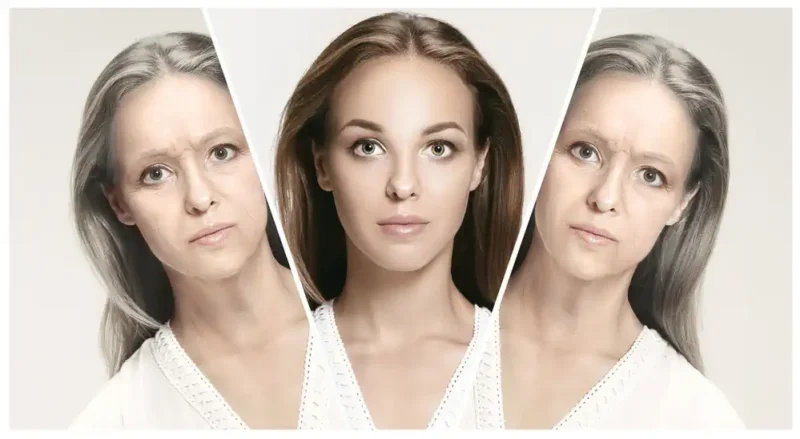
Tazarotene
Meanwhile, Tazarotene has been shown to be beneficial in treating acne by pushing out dead skin cells, reducing oily buildup, and minimizing the presence of redness.
Adapalene
Finally, Adapalene is an anti-inflammatory retinoid that helps to reduce breakouts alongside other forms of acne treatment.
Collectively, these different types of retinoids provide a wide range of potential benefits for skincare. With proper usage under the supervision of a doctor or dermatologist, retinoids can help boost one’s overall skin health and improve their complexion significantly.
How To Use Retinoids For Best Results
To ensure optimal results with retinoids, it is important to use them correctly.
First and foremost, it is essential to read the instructions on the package carefully in order to know what dosage and delivery method are appropriate for your individual needs.
When applying a retinoid directly to the skin, make sure to do so lightly and evenly over the affected area. Taking care not to rub too hard will help reduce any pesky breakouts or irritation.
It’s also a good idea to start out by using retinoids every other day in order for your body to become accustomed to them – too much too soon may cause any short-term redness or peeling that accompanies their usage.
Lastly, sun protection is an absolute must when taking prescription strength retinoids; they generally make your skin more sensitive to UV rays, so always look for sunscreen products with broad spectrum UVA/UVB coverage.
Taking these steps into account can help you safely and effectively use retinoids for best possible results.
Retinoid Side Effects And How To Deal With Them
Retinoids can also have a range of unwelcome side effects. Some of these include dryness, sensitivity to the sun, redness and rash. However, if you know what to look for and when to seek help, you can make it easier to deal with the side effects.
- Firstly, use gentle cleansers that don’t irritate your skin – during retinoid treatment this is particularly important.
- Secondly, start slowly when exposing your skin to sunlight – begin with just a few minutes at first and then build up gradually over time.
- Finally, it’s also important to be aware that certain foods such as citrus fruits and dairy can exacerbate the dryness associated with retinoids so try to avoid them where possible.
Of course if any symptoms persist or worsen then you should consult your doctor straight away. With careful monitoring and support from your healthcare provider, most people will find that dealing with retinoid side effects is manageable.
Conclusion
Retinoids are some of the most commonly used drugs in dermatology for disorders like acne, psoriasis, melasma, ichthyosis vulgaris, photoaging, and more. But with this power comes potential side effects like dryness, redness, scaling, burning/stinging sensation—the “retinoid reaction” (sometimes called “retinoic acid syndrome”).
These side effects usually improve with continued use or by applying the medication less often (e.g., every other day instead of daily) or using a lower concentration formulation.
If you experience significant side effects from retinoid treatment that don’t subside after a few weeks or months of use despite adjusting your application frequency or trying a different formulation, speak to your dermatologist about alternative treatments.
